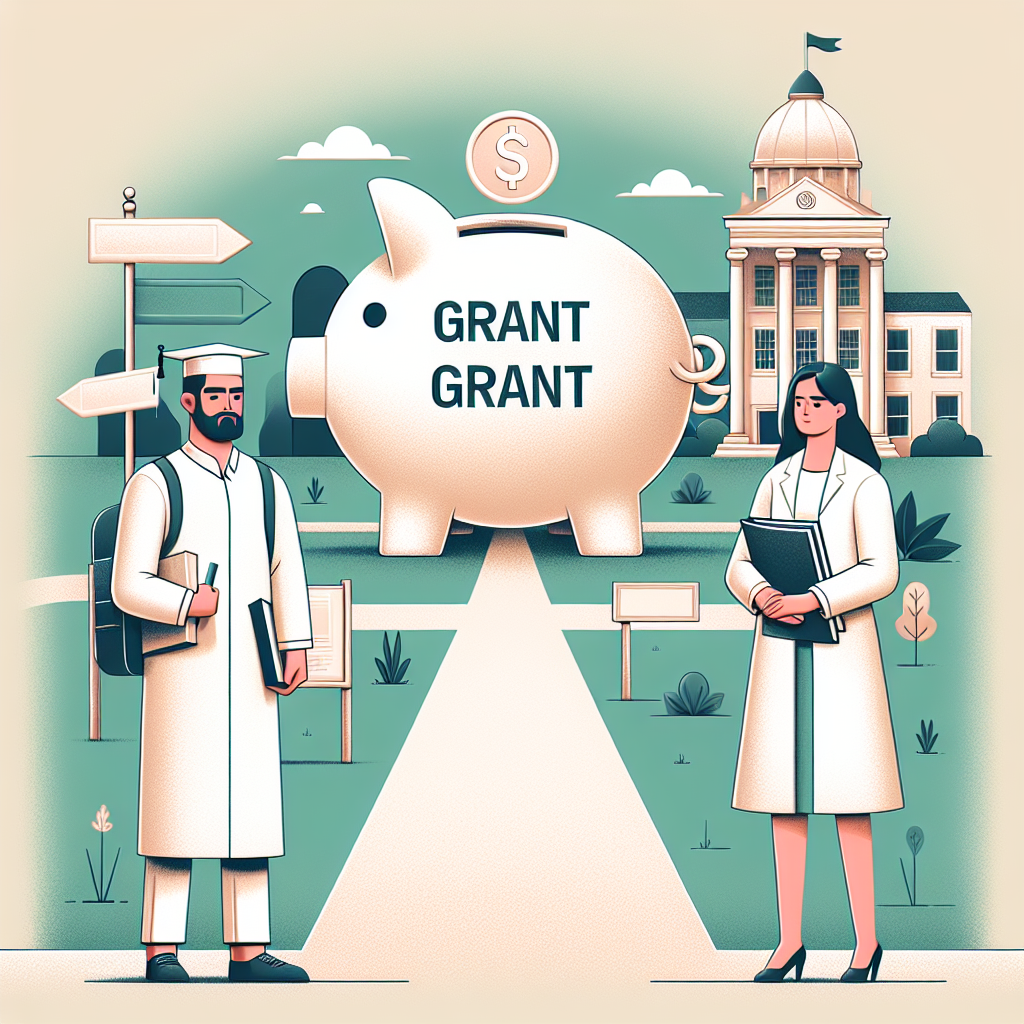Many prospective graduate students worry about the cost of advanced study, but there are more options than you might think. Grant Money For Masters Degree: The Ultimate Guide. explains practical strategies to find non-repayable funding, target the right awards, and combine resources so your master’s becomes affordable. This guide walks through the types of grants, how to apply, and where to look based on field, background, and institutional opportunities.
What counts as grant funding and why it matters
Grants are awards that do not have to be repaid, making them one of the most valuable forms of graduate funding. Unlike loans, grants and many fellowships reduce your overall debt burden. They can come from federal and state programs, private foundations, professional associations, and universities. Understanding the source helps you tailor applications and meet eligibility requirements.
Grant funding options for master’s degrees
There are several categories of grants to consider. Knowing each can expand your prospects:
- Federal and state grants — usually need-based or targeted to certain populations.
- Institutional grants and fellowships — offered by the university or specific departments for academic merit or research alignment.
- Private foundations and nonprofit awards — often field-specific or aimed at underrepresented groups.
- Employer-sponsored grants and tuition assistance — for working professionals pursuing part-time or online master’s programs.
- Project or research grants — for students whose master’s includes a thesis, practica, or community work.
Where to search first
Begin with campus resources: the graduate school, financial aid office, and your academic department usually maintain lists of internal and external opportunities and can advise on application timing. National portals and federal sites also explain types of aid clearly; for a primer on the differences between grants, loans, and work-study, see the U.S. Federal Student Aid overview of aid types: Types of financial aid on the U.S. Federal Student Aid site.
Strategies to maximize your chances
Applying smartly increases your odds of receiving grant money. Use these tactics:
- Start early and keep a calendar of deadlines for institutional and external awards.
- Tailor each application—draw a line between your goals and the funder’s mission.
- Gather strong recommendations from faculty or supervisors who can speak to your fit.
- Leverage your unique background—many grants target first-generation students, veterans, minorities, or residents of specific regions.
- Combine sources—use grants alongside assistantships, scholarships, or employer support to cover the full cost.
Funding by field and special cases
Some disciplines have robust grant ecosystems (e.g., STEM, public health, education), while others rely more on scholarships and fellowships. If you’re in the arts, explore specialized resources designed for creative students; for curated opportunities aimed at visual and performing artists, check this dedicated page about scholarships for art students. For professional degrees, look for practice-focused grants and partnerships with industry.
Common application components
Most grant applications will require a combination of the following:
- A clear project statement or personal statement explaining goals and need.
- Budget details for project-based grants or justification of tuition needs.
- Transcripts and standardized test scores when relevant.
- Letters of recommendation and evidence of prior work or publications.
- Proof of eligibility for demographic- or residency-based awards.
Tips for strong narratives
Write concise, impact-focused statements. Funders read many essays—lead with why the work matters, describe your qualifications, and explain the broader benefit of supporting your master’s study. Edit ruthlessly and have mentors review drafts.
Budgeting and combining awards
Even with grants, you may have gaps. Create a realistic budget that includes tuition, fees, living expenses, and research costs. When you receive partial awards, coordinate with the financial aid office to stack funding sources without violating institutional policies. Sometimes grants can be supplemented by graduate assistantships or part-time employment while you study.
Quick checklist before you apply
- Confirm eligibility and deadline dates.
- Prepare or update CV and writing samples.
- Request letters of recommendation 4–6 weeks in advance.
- Draft and revise the personal/project statement.
- Assemble supporting documents (transcripts, budget, ID).
FAQ
Q: Can I get grant money if I’m an international student?
A: Some grants are open to international students, especially university-funded awards or program-specific fellowships. Many government grants are limited to citizens or permanent residents, so check eligibility carefully.
Q: How much grant money should I apply for?
A: Apply for any grant for which you meet eligibility—small awards add up. Prioritize larger institutional fellowships and national grants but don’t ignore modest grants for travel, materials, or research that can reduce your out-of-pocket costs.
Q: What if I don’t get grants—what next?
A: Explore assistantships, scholarships, employer tuition benefits, and low-interest loans as alternatives. Reapply the following year and use feedback to strengthen future applications.



